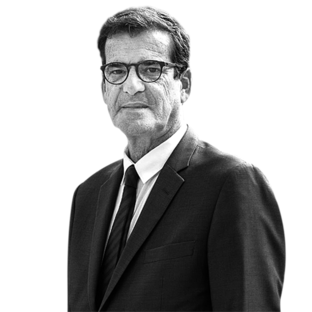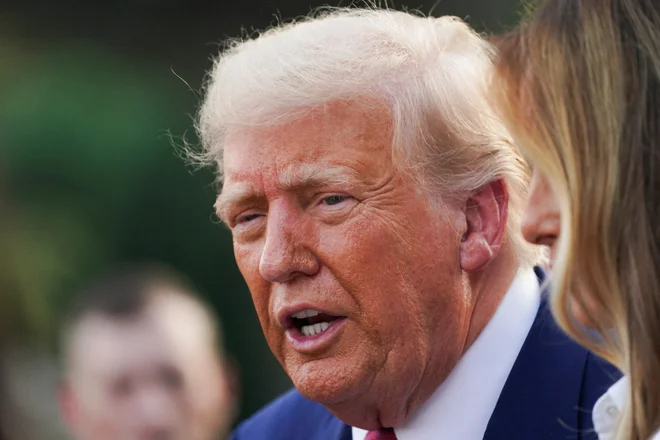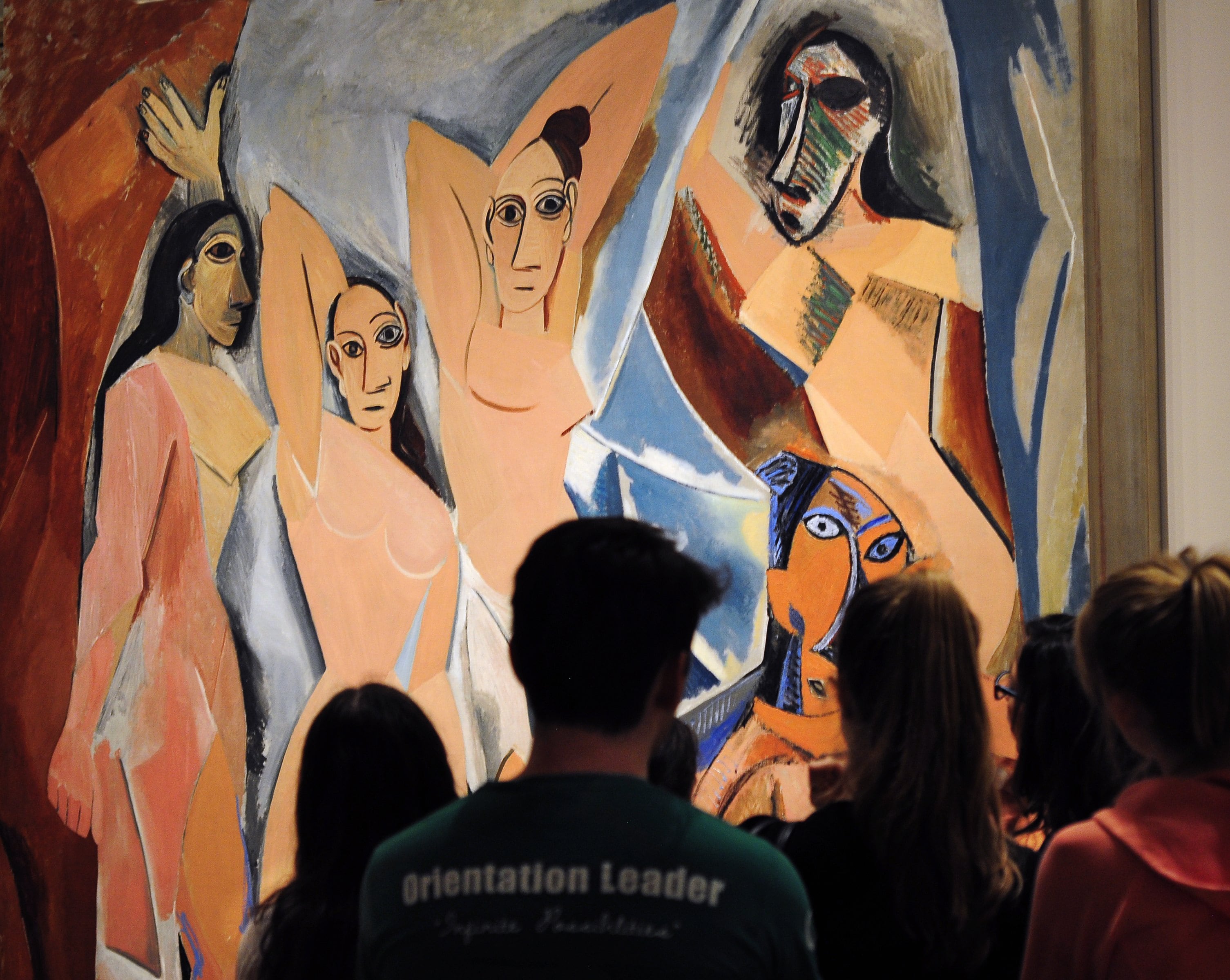Cameras and software search for the new Messi on thousands of amateur fields
/s3/static.nrc.nl/wp-content/uploads/2025/06/12124832/data133133755-37f1c5.jpg)
On July 24, 2024, Ibrahima Sene and his team of Football Academy BE Sport from the Senegalese capital Dakar will play against fellow citizen Aigle Medina. There are not supporters on the sun -drenched artificial grass field between the concrete residential blocks, let alone scouts from European top clubs.
Nevertheless, there is a chance that employees of professional clubs and business observers in Europe follow the performance of Sene and his teammates in detail. That they see that he plays left back and already know how heavy and how long he is, that he celebrated his twelfth birthday three days before the game with Aigle Medina. Whether he is attacking, or not.
Be Sport Academy is ‘Partner Club’ from Eyeball, a young technology company with headquarters in Prague that collects images and data with cameras and tracking software from around 250,000 minor football players in Europe and Africa. Expansion to South America will soon follow, the company recently announced. Proflubs and football brokers can gain access to that data via a subscription to the Eyeball online platform.
Eyeball says he currently has dozens of paying customers, including twelve clubs from the Premier League and more than ten in the Netherlands. Ajax, among others, has such a subscription, a club spokesperson confirms when asked.
Clubs such as Ajax use the platform to scout and follow young talents. According to various media Daniel Skaarud, a seventeen -year -old winger from Norway, who made the switch to Ajax’s youth academy last summer, with the help of Eyeball on the radar would have arrived at the Scouting in Amsterdam. Ajax does not want to confirm or deny that on request.
Far -reaching commercialization
The rise of Eyeball marks the next step in two developments that were roughly used around the turn of the century: the entry of data and technology into football and the far -reaching commercialization of the sport. After American disciplines such as basketball, baseball and American Football had realized that systematic data analysis produced valuable insights about tactics and performance of players, a handful of football clubs in England and Scandinavia began to experiment with it.
In addition, they were helped by tech startups such as Prozone and Opta, which made recordings of competitions from different camera tails. By combining the images, they were able to accurately follow and analyze the movements of individual players. That not only provided information about what football players did with the ball, but also about which distances they bridged during a competition, how many sprints they pulled, you name it.
Since then, technology and analysis models have improved considerably. The vast majority of professional clubs employ one or more data analysts. During competitions and training, players wear devices to collect data about location and fitness. Is that data also used meaningfully? Opinions are divided on this, especially when it comes to applications in tactics. But if data analysis has substantially changed one part of the football company, then it is scouting.
Clubs still send scouts to competitions to watch potential purchases, but usually only after they have already made a data and video analysis of the player in question. Because as statistician and basketball coach Dean Oliver says in the book How to win the prime minister League: « Eyes see a competition much better than figures. But figures see all competitions, and that makes the difference ».
Thanks to companies such as the Italian data agency WYSCOUT, Scouts can compare statistics of tens of thousands of professional football players around the world in detail.
Looking for that one top talent
Such a database was missing from one category of football players: young talents. The work of youth scouts has not changed or hardly changed in recent decades: endless youth matches, looking for that one player that stands out. In the Netherlands this is still somewhat clear, with 34 professional clubs and amateur associations that all participate in the same KNVB competitions.
It is much more difficult in African countries such as Senegal, where hundreds of private football schools dominate youth football. Or closer to a city like Paris, with only two professional clubs (Paris Saint-Germain and Paris FC) at more than twelve million inhabitants. The greatest talents in the immeasurable suburbs of the city often play at a relatively old age in one of the countless amateur clubs.
At the same time, the amounts that deal with in the transfer market have been shot up. And with that also the money that professional clubs and business observers can earn by tracing and capturing the most promising teenagers. More than fifteen years ago attracted a European network of scouts on behalf of Qatar Already to West Africa to look systematically and in the most impassable parts of the region of future world stars-by the way. Also in the Paris suburbs Foaming scouts and football brokers Nowadays en masse off the amateur fields in the hope of seeing the new Kylian Mbappé.
No coincidence that the idea for Eyeball arose in Paris five years ago, says Emiel ten Donkelaar, who works as a Dutch representative for the company. Founder Benjamin Balkin worked as a youth scout for foreign clubs in the French capital and wondered every weekend which of the thousands of youth competitions in the capital region of Île-de-France he would visit. He made that choice either by feeling or on the advice of a football broker who wanted to bring a player to the attention. A method based on happiness especially, not on wisdom.
Together with a Danish and Czech business partner and supported by a Danish investment company Balkin Eyeball started. The idea was simple: if you can see images and data from youth players in advance, you can scout much more targeted and choose which competitions you want to see live. Balkin provided the better amateur associations with free camera equipment, the images made with it went back to Eyeball. The partner clubs also provide the information about who can be seen on the videos, the so -called teamsheets.
From the Paris suburbs, the platform expanded to the rest of France within a few years and then to other European countries and Africa. At the moment there are 700 ‘partner clubs’ cameras along the fields, Eyeball states that the images ‘largely manually’ analyzed and ‘tagging’ by companies in Egypt and Canada.
Hardly any youth matches are filmed. Eyeball does
Every pass, every shot, every duel: everything gets a stamp and ends up in the Eyeball database. Based on that information, the Platform provides automated assessments (Player ratings) To all youth players who follow it. The young football players also get a profile. ‘Modern number 9’, for example, or ‘box-to-box midfielder’.
ADO Den Haag, one of the Dutch partner clubs of Eyeball, is ‘very satisfied’ with the platform, says Head of Youth Training Albert van der Dussen. ADO does not use the program to scout players, a subscription is too expensive for that and the club is not looking for foreign talents. ADO follows the development of its own players with the help of the images and data from Eyeball. « For me it is about having an extra tool to collect data, » says Van der Dussen. « Hardly any youth matches are filmed. Eyeball does. »
Privacy
The big question is how the working method of Eyeball relates to the privacy rights of children in the EU. The company collects, through the partner clubs, images and personal data of hundreds of thousands of mostly minor boys, including information about length and weight. He makes the platform accessible for scouts and business observers for a fee.
Eyeball does not ask players and their parents or representatives for their own permission. That is the responsibility of the partner clubs and states in the agreement they enter into with Eyeball, the company says. « Based on our experience, this is well followed by the partner clubs ». Also is on the website Van Eyeball, among other things, that players have the right to view their data and to have them removed from the platform.
« At the start of the season we inform the parents that their children can be visible on the images, » says Mohamed Coulibaly, director of Aas Sarcelles, an amateur association in the Parisian suburb of the same name. « That has never led to problems. They are with a club and they trust that club, also in the field of image rights. There is also a document from Eyeball that the players have to sign themselves, everyone does that. »
ADO initially told parents and youth players « during intake interviews » about the use of video images, says Van der Dussen, but did not explicitly asked for permission about Eyeball. The club contacted the company last year to get clarity about how privacy is guaranteed.
That, ADO says, led to adjustment of the agreement in the summer. From next season, the club parents will ask for explicit permission for Eyeball. If they do not agree, the agreement with the company is that the data is removed from the database.
The issue is reminiscent of Football TVa platform founded by Talpa and the KNVB that broadcast video images of Dutch amateur football matches for trainers, fans and players, among others. In 2019, the Dutch Data Protection Authority (AP) imposed a fine of 575,000 euros in VoetbalTV. According to the privacy watchdog, the profit motive of Voetbal TV was not a « legitimate interest » for broadcasting images for which players and the public had not given any individual permission. Movies from players who went over the wrote or made a big mistake could chase them for a long time, the AP feared.
Thereon the European Commission gave the AP a sensitive tap On the fingers: it would explain the privacy legislation too strictly, which hindered entrepreneurship in the European Union. Not much later the Council of State ruled Also that the fine was unjustified. VoetbalTV may not only have a commercial interest, the administrative court stated, but perhaps also increased playing pleasure, a consideration that the AP had not taken into account in his judgment. However, the platform was already bankrupt at the time.
Eyeball differs in at least two respects from football TV. The Czech-Danish platform does not only collect images, but also personal details of players through its partner clubs. Moreover, it is often about minors, sometimes even young children. Bart Custers, professor of IT law at Leiden University, is therefore not convinced that the working method of Eyeball is permitted under European privacy rules.
« Collecting personal information about minors is very sensitive, especially when it comes to biometric data that can say something about the health of a child. In principle, that is only permitted with the explicit consent of the parents. »
Gerrit-Jan Zwenne, professor of privacy law (Leiden, Open University) is also skeptical. « You can very well imagine that this is fun and that many young football players are happy to participate, but I think the (platform) is difficult to relate to the Privacy Act. »
As far as is known, the Czech Privacy Authority-the designated body because Eyeball is located in Prague-is not concerned with Eyeball. The organization did not respond to a request for comment.

:format(webp)/s3/static.nrc.nl/images/gn4/stripped/data133626914-70db93.jpg)
:format(webp)/s3/static.nrc.nl/images/gn4/stripped/data124896364-ac575d.jpg)
/s3/static.nrc.nl/images/gn4/data133617085-6b0516.jpg)




